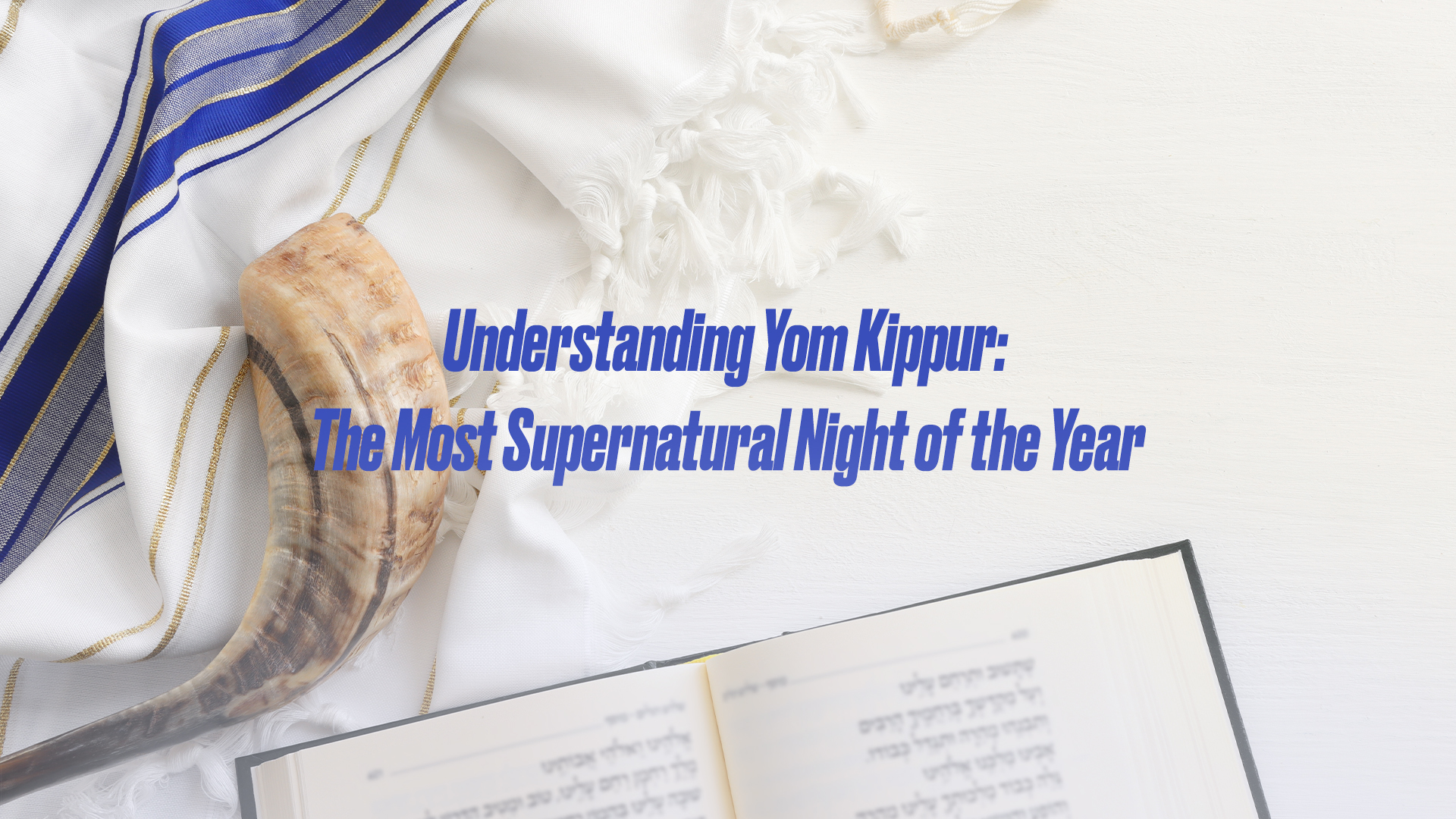Yom Kippur, the Day of Atonement, is considered the most supernatural night of the entire year on God’s calendar. The Lord draws especially near, examining our hearts, hearing our prayers, and writing our names in the Book of Blessing for the coming year. He looks at what we’ve done throughout the past year and determines our reward for the coming year.
Isn’t this a Jewish feast?
Many have asked, “Isn’t this a Jewish feast?” This implies that it’s not a Christian feast but wasn’t Jesus Christ a Jew. It is important to know that the feasts are shadows of things to come, fulfilled in Christ but still alive with supernatural blessing for us today.
- Passover points to salvation through the Lamb.
- Shavuot (Pentecost) points to the outpouring of the Holy Spirit.
- Yom Kippur points to Jesus’ Second Coming and to our being sealed in God’s book of blessing.
These feasts are eternal, because God is eternal. They aren’t just for Jews and Israel—they are for all who are grafted into the covenant through Christ (Romans 11).
What Makes Yom Kippur So Important?
For forty days, the time of Elul leading up to Rosh Hashana and Yom Kippur, the sound of the shofar pierces the air, calling God’s people to awaken spiritually. It asks us: Are we living for God? Are we being the light of the world and the salt of the earth?
This alarm serves two purposes:
- To ensure our hearts are right with God
- To prepare us for the supernatural blessing God wants to release
This sacred countdown culminates in the most supernatural 24 hours of the year, when heaven’s windows swing open and God seals His blessings so the enemy cannot steal them.
The Biblical Foundation
In Leviticus 16, the high priest entered the Holy of Holies only once a year—on Yom Kippur. Clothed in pure white linen, he first immersed himself in water, a picture of cleansing and preparation. He could not approach God casually; he had to come with humility, purity, and reverence.
Then he would bring two goats:
- One was sacrificed for the sins of the people.
- The other became the scapegoat, carrying away the curses and consequences of those sins into the wilderness.
The priest would take the blood into the Holy of Holies and sprinkle it seven times on the mercy seat. This is a reminder that forgiveness of sin and the breaking of its curse required blood. The high priest’s robe, soaked in blood, was hung in view of the people before he was washed and clothed in a spotless garment. That moment pointed directly to Jesus, our High Priest.
Jesus, Our Eternal High Priest
Every element of Yom Kippur foreshadows Jesus. Just as the high priest sprinkled the blood on the mercy seat seven times, Jesus shed His blood in seven specific places—each one redeeming a different area of our lives.
- In the Garden of Gethsemane – He sweat drops of blood (Luke 22:44). Redeeming our willpower and breaking the curse of rebellion.
- At the scourging post – His back was whipped (Isaiah 53:5; Matthew 27:26). Purchasing our physical healing.
- When the crown of thorns pierced His head (Matthew 27:29). Breaking the curse of poverty, lack, and mental torment.
- From His hands nailed to the cross (John 20:25). Redeeming the work of our hands and restoring dominion.
- From His feet nailed to the cross (Luke 24:39). Redeeming our walk and authority to tread on the enemy.
- From His side when pierced with a spear (John 19:34). Establishing covenant and birthing the Church—the Bride of Christ.
- From His bruises when beaten (Isaiah 53:5). Healing our iniquities, inner wounds, and breaking generational curses.
Through these seven places, Jesus fulfilled and completed the Yom Kippur atonement, but His sacrifice went beyond forgiveness. When the scapegoat carried away the iniquities of Israel, it showed that the curse of sin could also be removed.
In the same way, Jesus not only forgave us—He became our scapegoat, breaking every generational curse, every bondage, every limitation, and carrying them away forever. You are not only forgiven—you are free.
Face-to-Face With God
One of the Hebrew names for Yom Kippur literally means “face-to-face.” On this day, the high priest stood before the presence of God on behalf of the people. Because of Jesus, you and I now have that privilege—not just once a year, but every day. And yet, on Yom Kippur, the sense of God’s nearness is multiplied. Rabbis teach that on this day, God bends closer to earth than at any other time of the year.
Can you imagine it? The Creator of heaven and earth stops everything to listen to your prayer, to write your name in His Book of Blessing, to cover your household with His love and favor. This is Yom Kippur.
Covering and Blessing Our Families
One beautiful aspect of Yom Kippur is that the high priest made atonement not just for himself but for his household and the entire congregation. This teaches us that our faith can provide spiritual covering for our families.
A saved spouse can sanctify their household. This doesn’t mean family members don’t need to accept Jesus personally, but it does mean our faith provides protection that keeps the enemy from destroying them until God can turn their hearts toward Him.
Repent. Return. Repair.
The heart of Yom Kippur is teshuvah, repentance- meaning “to return”. It is not merely saying “I’m sorry,” but turning from sin and returning to God. Repentance is about alignment, choosing once again to walk in His ways.
Yom Kippur is also a day of fasting. For twenty-four hours, God’s people humble themselves, laying aside natural food and comfort to focus on Him- spiritual food. As Isaiah 58 reminds us, the fast God desires is one that looses chains of injustice, lifts burdens, feeds the hungry, and clothes the naked.
First, we repent. Second, we fast for twenty-four hours. We deny ourselves. And the third thing we do is bring a sacrifice. The word sacrifice is not what we have been taught in Christianity. It means “to bring a gift.” We think that sacrifice means “going without.” It doesn’t. To sacrifice is
to bring a gift of honor. We are honoring God for this last year, but we are also honoring God for the year we know He is going to bring us.
Repairing What’s Broken
Jewish tradition teaches that Yom Kippur is also a time for tikkun olam—repairing the world. The forty days leading up to it are filled with charity and acts of kindness. We are on earth not just to worship God (we could do that in heaven) but to perform “mitzvot” – acts of kindness and charity that repair what’s broken in our world.
We are thankful that together we support Israel and the Jewish people through our Israel Relief Fund, providing:
- Emergency food boxes, including for Rosh Hashanah, along with essential medication deliveries for Holocaust survivors and the elderly
- Financial relief for those who have lost loved ones and homes in the attacks
- Funding for recovery programs to help those suffering from the psychological effects of the war––including children and civilian reservists
- Vital medical equipment and emergency supplies for hospitals that have been bombed
- Economic support for the new immigrants through our Project Aliyah
As well as through the rest of our core outreaches:
- Fighting anti-Semitism with the IAF around the world
- Providing ambulances for Magen David Adom and the Israel Defense Forces
- Installing mobile and permanent bomb shelters throughout Israel
- Refurbishing older bomb shelters at our Amigour senior facilities
- TV broadcasts and livestream messages worldwide, including Israel
We, Christians, should be the nicest people on the planet, known for our kindness rather than judgment. As believers, we are called to join in this mission. Jesus said, “For I was hungry and you gave Me food; I was thirsty and you gave Me drink” (Matthew 25:35). When we give, when we bless, when we repair what is broken—we not only change lives, we also draw near to God and position ourselves for His favor.
Your Appointed Time Is Now
Friend, Yom Kippur is not simply a Jewish holiday—it is one of God’s appointed times. This is your moment to repent, to return, to release, and to repair. Just as the widow’s mite moved the heart of Jesus, your act of faith today can open the windows of heaven over your life.
This year, don’t miss your divine appointment. Step into God’s presence. Allow Him to cleanse you, cover your family, and release blessings for the year ahead.
Now is the time to act in faith. Bring your Yom Kippur offering before the Lord as an expression of repentance, honor, and trust. As you do, believe for curses to be broken, blessings to be sealed, and the supernatural power of God to be released over your life.
Your Best Is Yet To Come
Larry Huch Ministries


